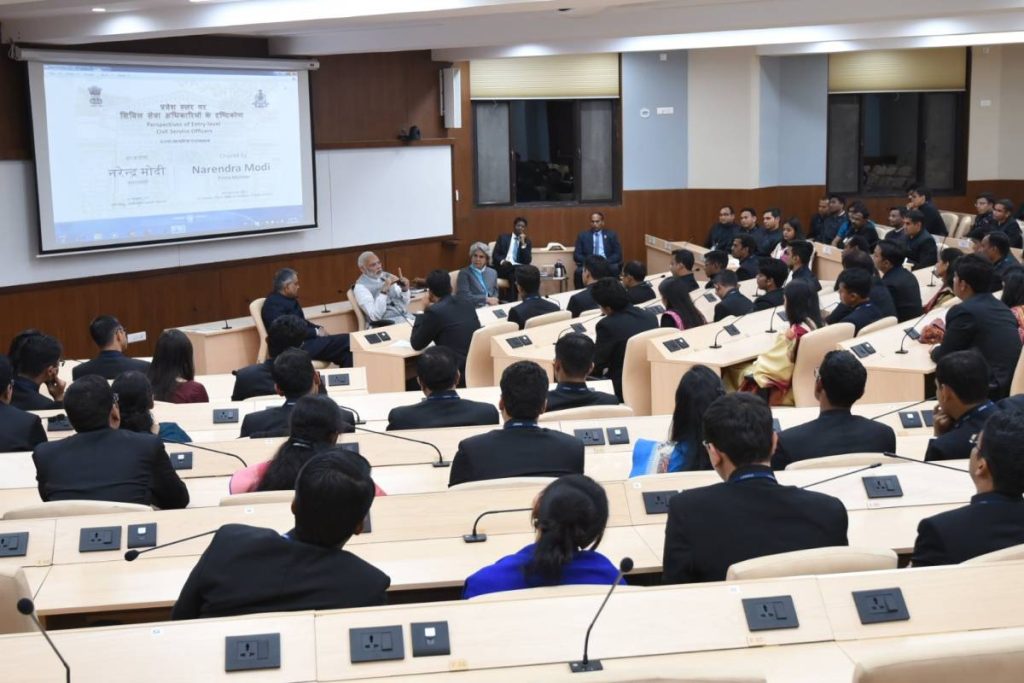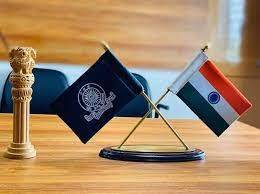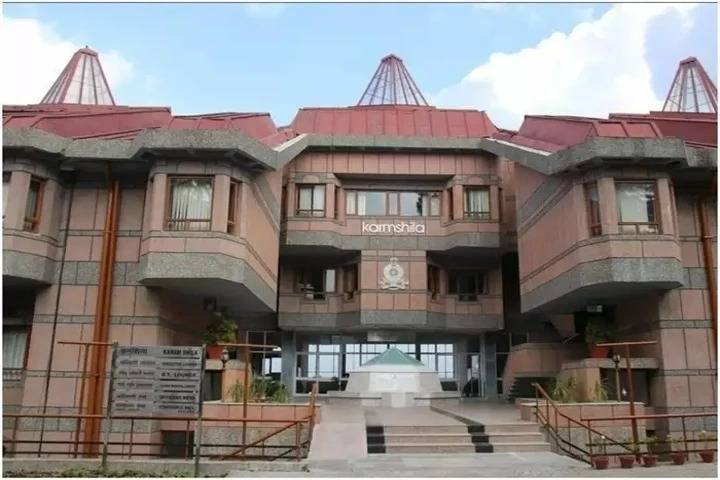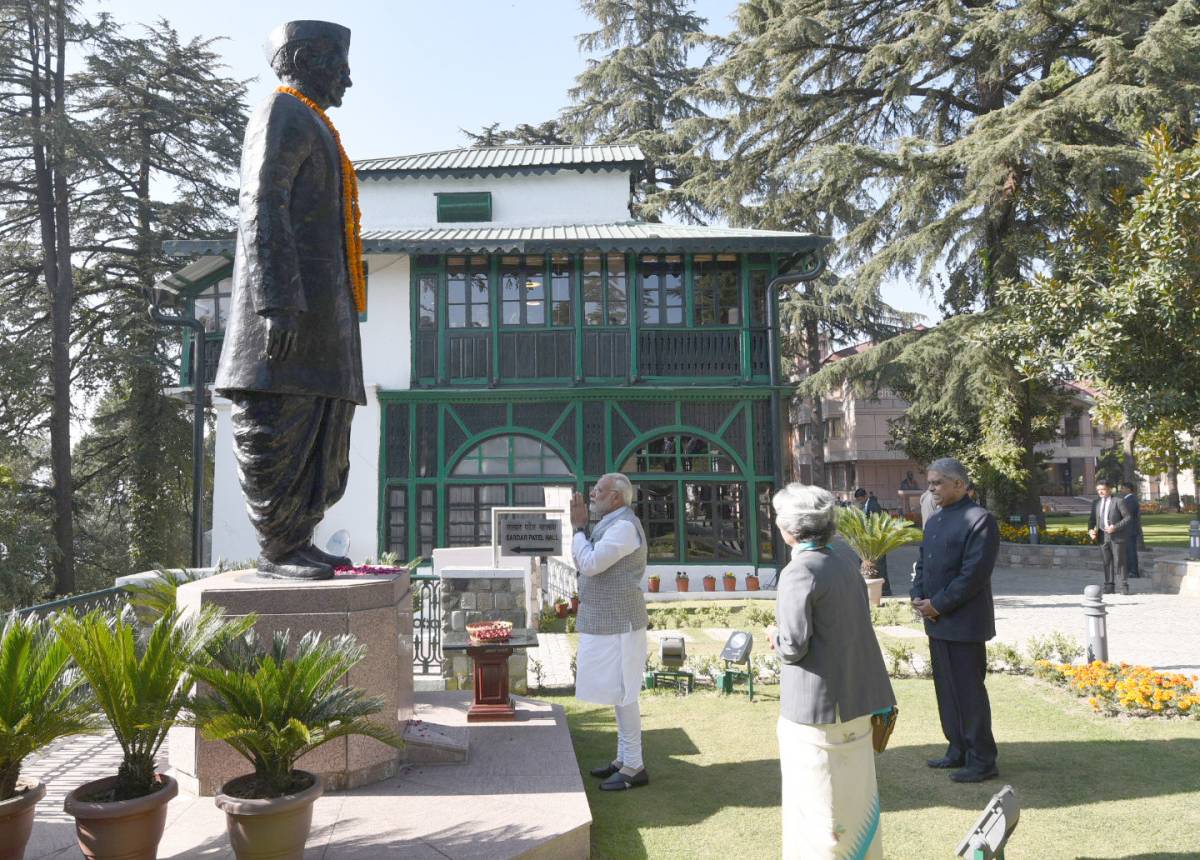Public services are the key pillars of any governance structure and unless they develop and inculcate the virtue of integrity and selfless service towards the people, the nation can never attain its full potential, writes Vijay Shankar Pandey
Reforming the civil services to make it people-friendly and result-oriented has been on the agenda of various governments since the beginning of independence. Prime Minister Narendra Modi has also been reiterating it.
The Indian civil service system is one of the oldest administrative systems in the world. In India, it had its origin in the Mauryan period. Kautilya’s Arthashastra laid down the basic principles for the selection of civil servants, the methods of their performance evaluation, and the code of conduct to be followed by them.
During the medieval period, Akbar expanded the ambit of the civil service. The Mughals expanded their civil service system centered on the management of land revenue etc. The British civil service was a late entrant. It arrived on the Indian scene only after the takeover of the East India Company, by the British government in the 1860s.
On the recommendations of Macaulay’s report, in 1854, the Civil Services Commission was set up to recruit civil servants. The British government set up the Indian Civil Service in 1911, primarily with the objective of strengthening the British administration. From 1922 onwards, the examination was conducted in India as well, first in Allahabad and then in Delhi, with the setting up of the Federal Public Service Commission. The Indian civil service differed from other imperial services- primarily manning top civil posts under a rigid hierarchy of a bureaucratic system that former British Prime Minister Lloyd George had dubbed the “Steel Frame” of the British Raj.

After independence, our leaders decided to continue with the “steel frame” and renamed it the Indian Administrative Service. Naturally, the culture of ICS continued within the IAS. However, in the new democratic ecosystem, the IAS was envisaged as becoming subservient to the people and eschewing its autocratic tradition. But habits die hard and for our omnipotent civil servants, it was harder. It took some time to adopt to the culture of democracy with our written constitution mandating the people’s elected representatives to be the decision-makers.
The people’s representatives and the members of the bureaucracy are a part of the same society- they cannot behave like Rajas lording over a hapless praja. The aura of invincibility exuded by the powerful Rajas in our country and by the “brown sahibs” has had a deep-rooted impact on our deferential janta – who even after decades of independence, looks towards the ruling classes as their “Mai-baap” and pays obeisance to them.
They have not enforced accountability of the ruling classes, and have still not recognized them as their servants/sewaks, as the nomenclature Public servants demanded, but on the contrary, continue the colonial legacy of treating them as their masters. This has created an overinflated and distorted ego in the bureaucratic-politico class, the deleterious effects of which are still evident. Whereas the political class desires to rule as per their whimsical selfish agendas and not as per the rule of law mandated by our constitution, the civil servants also delude themselves that they are there to’ rule’, instead of serving the masses.

For this culture to change irrevocably, both the political class and civil servants have to shun their old mindset and come to terms with the democratic ethos. Both of them currently are public servants in name only- their conduct and behavior display, in every way, their autocratic mindset. Several committees and commissions have been set up from time to time to reform the bureaucracy and make it honest, efficient and people-centric. The two Administrative Reforms Commissions, the Sarkaria Commission, and various other committees have made a plethora of recommendations to transform the civil services and to make them accountable to the people and result-oriented, but not much progress has been made.
Undoubtedly politics is also responsible to a large extent for the mess that we are in today. However, the bureaucracy and particularly the civil servants occupying senior positions must shoulder a large part of the blame. Even if the inept politicians are busy playing nefarious politics of caste, religion, language, and region and are mired in corruption, it is incumbent upon the permanent bureaucracy -which has the bounden duty towards the nation and the people, to do their best to ensure that the rule of law prevails. For this to happen, they need to introspect and cleanse the rot created by the corrupt and self-serving elements within.
A country cannot boast of having a Just “Rule of Law” regime when people serving in the premier services like Indian Administrative Service are allowed to be inefficient and corrupt. The larger blame for this malaise has to be put on the IAS service itself, whose officers man the important positions in the administrative structures. These are the people who are supposed to ensure that nobody-irrespective of their rank/position, including the political class, is allowed to violate the “Rule of Law” with impunity, and those violating it are not allowed to remain in public service.
The members of these services should have striven to ensure that the country remained steadfast on the path of virtue and rule of law instead of protecting the errant and the corrupt.

Public services are the key pillars of any governance structure and unless they develop and inculcate the virtue of integrity and selfless service towards the people, the nation can never attain its full potential. The political class must become aware of the incessant degeneration of the system because of their myopic and selfish behaviour over the past several decades. The rulers have created an intimidatory ecosystem. Loyalty to the reigning powers is the sine qua non of governance. Honesty, integrity, impartiality, service to the people, and justice -the very essence of administration, are all regarded as troublesome vices by every reigning dispensation.
This must change. For India to prosper and march on the path designated by the “rule of law”, errant behaviour displayed by members of the highest civil services must be corrected stringently. They have to become accountable to the public and fearlessly serve to promote sabka vikas. When they have made the choice to serve the public, public service, then they have to dedicatedly serve the public, not themselves.
(Vijay Shankar Pandey retired from the Indian Administrative Service. He has an established record of raising his voice against corruption in public life. Views expressed are personal and exclusive to India Narrative)

Leave a Reply